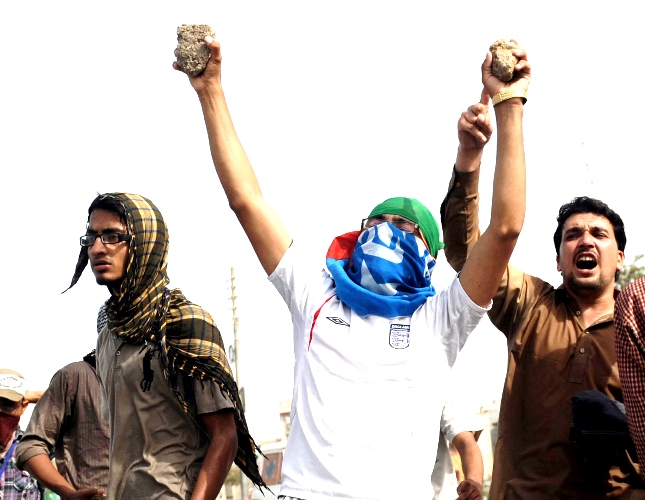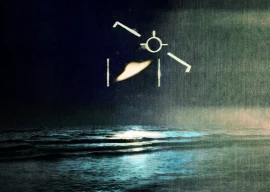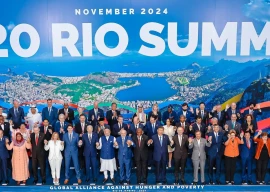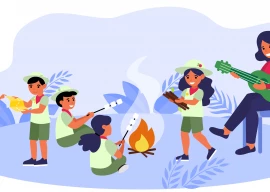
The report noted that, "With 63 per cent of the country's population under the age of 25, Pakistan is experiencing a profound demographic change with wide-ranging socio-political effects. Failure to improve the quality of political engagement with students and the youth in general could have a significant impact on democracy."
In its summary, the JI reported stated that the May 2013 elections highlighted the tremendous potential the youth demographic holds for the state of politics in Pakistan.
The history of Student Unions and their role in the country is also highlighted.

The JI report notes that there "has been a gradual acknowledgment of their [youth] value," among political parties but, "...the policies and opportunities currently being offered by the political parties display a lack of imagination and ideas."
The report highlights contemporary politicians who arose to power through student activism.

Recommendations
The JI lists several recommendations in the report:
Legislation
All ordinances, amendments and legislation prohibiting the operation of student unions and limiting the participation of students and youth in politics need to be amended and/or repealed. Moreover, the Political Party Act should also be implemented so that there is greater democracy within parties, and therefore greater access for newer and younger faces to come through.
Political Party Internal Reform
The study on youth-wing party members makes it quite clear that parties display nepotism in the awarding of political futures, and lack any substantive mechanisms for facilitating youth participation. It is imperative that parties seek to embrace newer, younger faces by actively employing democratic practices within themselves and canvassing participation from younger people. Without any institutional access points available to the youth, any attempts at participation are likely to be frustrated. Initiating democratic policies such as intra-party elections are essential to changing the currently ossifying status quo.
Universities and Educational Institutions
Changes in Pakistan's socio-economic climate has meant that elite, private universities are the new norm. Political activity of any nature is often strictly prohibited at such places, and students are discouraged from any form of dissent at the threat of expulsion. Such policies are tantamount to denial of political rights and could lead to a potential pressure-cooker situation. It is imperative that educational institutions explore ways of allowing and encouraging student activism, while still looking to provide safeguards from the sort of interference and co-option students have been victim to in the past.
Further Research and Impact on Democracy
The involvement of the youth in politics cannot be taken as an absolute good. Current research through opinion polls and surveys bring up contradictory results – where young people display a poor perception of democracy yet also speak of an eagerness to vote. This implies that young people themselves are not completely aware of their political opportunities and futures, and it would be pertinent to understand how their greater participation in politics can be facilitated in a manner and style in which they can relate to and aspire towards. It is not necessary to try and repeat the patterns of the past, but rather to look towards greater research in order to shine a light on how the political potential of the youth can be actualised. Such research would have an significant impact on the larger project of democracy in Pakistan. This is because although the youth hold democracy in a poor light, as the country's majority demographic they also stand most to gain from it.
Finding ways to ensure youth participation in the democratic process would surely be one of the key factors in cementing the future of the democratic process in Pakistan.
Youth wing survey
A survey in the Appendix of the report examined the key concerns of youth political wings' members.

While the number of respondents were cited to be low, possibly due to mistrust on the part of youth political wings, a general picture of key concerns was captured.

COMMENTS (2)
Comments are moderated and generally will be posted if they are on-topic and not abusive.
For more information, please see our Comments FAQ

















Altaf Hussain started as a member of Islami Jamiat-e-Tulaba (the student wing of Jamat-e-Islami). He was later kicked-out due to funds embezzlement!
What the picture says about a student organization ??? You know the peaceful organization produced even senior minister ??? You got?